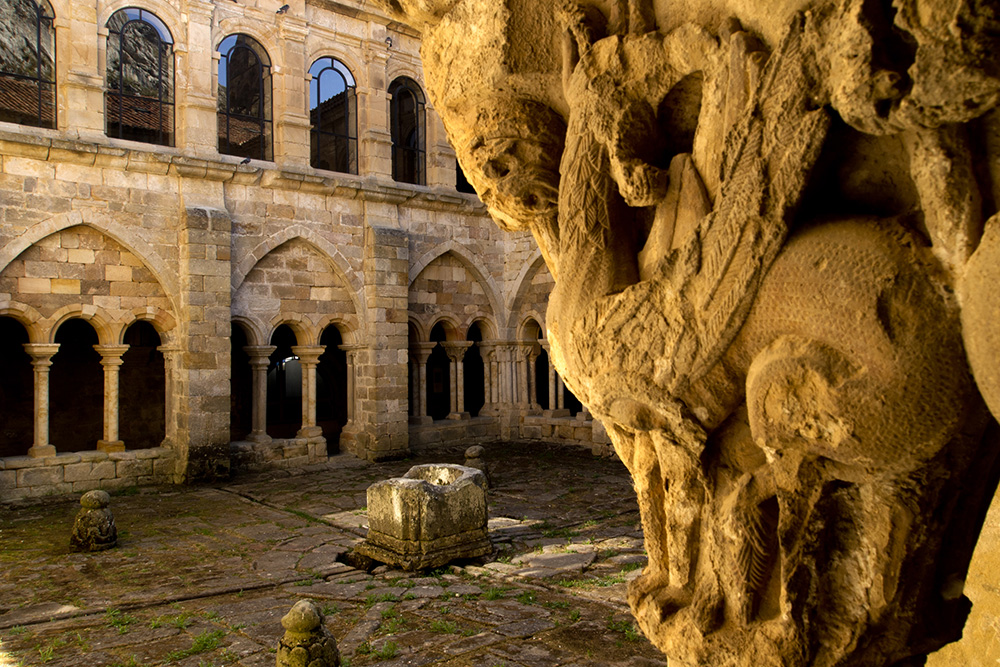Within the framework of the Erasmus+ programme, the Abbaye aux Dames and the ACCR are coordinating a European mobility project aimed at members of the network.
The ARIIP project is focused on the topics of heritage reuse, inclusion and innovative methodology. The programme will take the form of job shadowing, with training and structured courses, for groups of a maximum of 12 people. The aim is to encourage external collective training on a subject of interest to participants in a location offering the relevant expertise.
ERASMUS
The four main objectives of the Erasmus project are as follows:
- To identify and analyse at a European level current and emerging best practice on the subject of heritage reuse and promotion.
- To acquire skills and knowledge to assure a new social role for material and intangible heritage across Europe.
- To develop our audiences and attract visitors to our sites through an approach of increased accessibility.
- To deepen the capacity for European cooperation in order to create a European network of outstanding heritage sites engaged in inclusive and participatory tourism.
Themes
The themes addressed will aim to explore the use of heritage by the public, the new interpretations of natural, material and intangible heritage, and the accessibility of heritage sites (storytelling, participatory and inclusive approaches).
There will also be a focus on the links between heritage sites and their local area, and on new sustainable economic models for these sites.
Finally, there is a need to address how to work together to enhance and develop the practices of CCR participants.
Mobility projects (to be confirmed)
Some European partners have been identified as examples for future mobility projects:
- The MEP Granada offers training around accessibility in cultural organisations. Based in Granada, Spain, the training enables participants to use practical and theoretical tools and skills to think about accessibility and embed it in their day-to-day work.
- The Mediterranean Centre of Environment (Greece) organises the training course HeriQ: ‘Quality in Heritage Interpretation’, with interactive workshops and in-the-field exercises.
- The ACCR may also offer training in one of its Centres on the theme of heritage reuse for cultural and artistic purposes. The two CCRs identified are in Belgium: Grand Hornu (Wallonia) and Alden Biesen (Flanders).
- A training course in Novi Sad, European Capital of Culture 2021, which will enable the study of the economic models for each site in the town and develop understanding of Novi Sad’s heritage promotion policies.
- The Fondation Santa Maria la Real organises insertion and social programmes for older people. The training involves observing their methods for, in particular, reconstructing the gardens of several CCRs by involving local residents in a heritage project.
- The Abbey of Neumunster (Luxembourg) has been a CCR since 1977 and has a unique programme of concerts, performances, exhibitions, debates, conferences and artistic creation.

